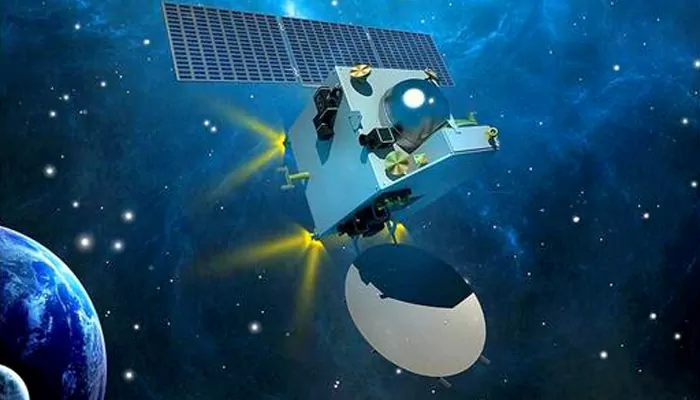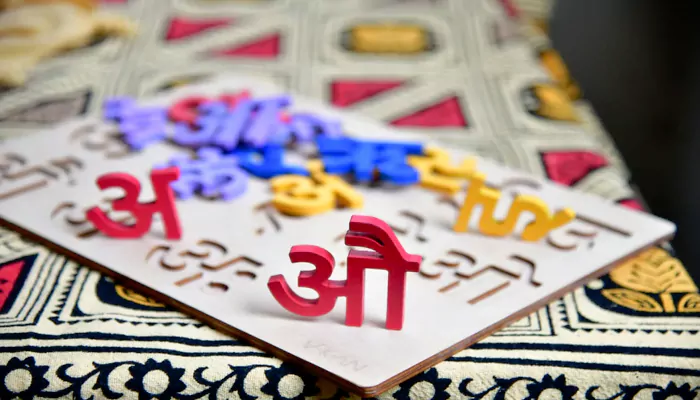AI Myths Debunked: The Truth Behind the 'Smarter Than Human' Hype
- Soham Halder
- 5 months ago
- 4 minutes read

Why artificial intelligence isn’t coming for human brilliance — Yet!
From chatbots writing poetry to AI apps predicting stock movements, artificial intelligence seems to be everywhere — and seemingly, doing everything. This rapid surge in AI use has sparked a belief among many: “AI is now smarter than humans.” But pause that thought. Is it really? Or is this just another shiny tech myth?
Let’s understand them with facts, context, and a dose of logic.
Myth: AI Thinks Like a Human
Debunked: AI doesn’t “think” — it processes.

AI can smartly mimic human-like responses, but it doesn’t understand the reason (‘why’) behind them. It doesn’t feel confusion, doubt, emotion, or even context. Whereas, human thinking always involves judgment, memory, culture, and intuition. AI, at its core, is still running on pattern recognition and data-fed predictions. It’s not about thinking — it’s about calculating.
Myth: AI Can Be Creative Just Like Us
Debunked: AI generates — humans create.

AI can nowadays paint a picture, write a story, or even compose a tune. But here’s the catch — it’s all based on existing data. It’s actually remixing, not inventing. Basically, someone (human) has to provide the prompt to generate such creative output, so it’s the human mind behind the creativity. Human creativity comes from lived experience, emotion, and imagination — like R.D. Burman composed a melody from a bicycle bell or Satyajit Ray directed films rooted in Calcutta’s soul. AI can never replicate that originality because it doesn’t feel or live.
Myth: AI Is Smarter Than the Human Brain
Debunked: It’s faster, not smarter.

AI can successfully perform millions of calculations per second — something humans simply can't do. But “smartness” and “speed” are two different things. Human smartness includes empathy, ethics, humor, intuition, and problem-solving in unfamiliar situations. AI can easily beat a grandmaster at chess, but it can’t deal with an unpredictable traffic jam in Delhi or Mumbai with jugaad and patience like a rickshaw driver would.
Myth: AI Can Make Better Decisions Than Humans
Debunked: AI can only assist, but not decide on its own — at least not wisely.

In fields like healthcare or finance, AI helps in identifying trends. But it never understands consequences or social impact. Imagine a medical AI recommending treatment without knowing the patient’s cultural beliefs or emotional state. A recruitment AI can straightforwardly reject candidates due to biased training data. Basically, decision-making requires context, conscience, and compassion — these things only humans can bring on to the table.
Myth: AI Understands Culture and Emotion — Even in India
Debunked: AI can’t decode ‘emotional intelligence’ — let alone Indian emotional complexity.

Tell AI, “I’ll come in five/ten minutes,” and it won’t know that it sometimes means 30 minutes or even one hour in India. AI doesn’t get sarcasm, satire, or regional quirks like “achha” having 10 different meanings depending on someone's tone. From navigating family dynamics to interpreting Bollywood drama — AI is years away from truly understanding Indian communication.
What AI Can Do (Really Well)
Analyze massive datasets in seconds
Detect patterns invisible to the human eye
Translate languages instantly
Perform repetitive tasks faster and without fatigue
Beat humans in logic-based games (like chess or Go)

What AI Can’t Do (Yet — and Maybe Never)
Common Sense: AI may ace trivia but fails at real-world logic.
Emotions and Empathy: AI can mimic tone but cannot truly feel. It doesn’t experience joy, sadness, love, or grief — emotions that drive human decisions.
Moral Judgment: Should an automated car save a child or the passenger? AI doesn’t have a moral compass; it relies on cold code.
So, What’s the Real Picture?
AI is rapidly evolving. It can do lots of incredible things, from disease detection to automating logistics. But the idea that it’s already smarter than us is nothing but clever marketing, not reality.
The truth? AI is powerful, but narrow.
Humans are slower, but deeply aware.

Rather than fearing AI, the wise approach should be collaborating with it. Let the machines handle repetitive tasks, while humans bring more creativity, empathy, and decision-making to the table.
The next time someone says, “AI is smarter than you,” tell them:
“It might be quicker — but AI still doesn't know why my mom calls me ten times during dinner.”
Human intelligence is built on evolution, emotion, and experience. AI may assist us, but cannot replace us.

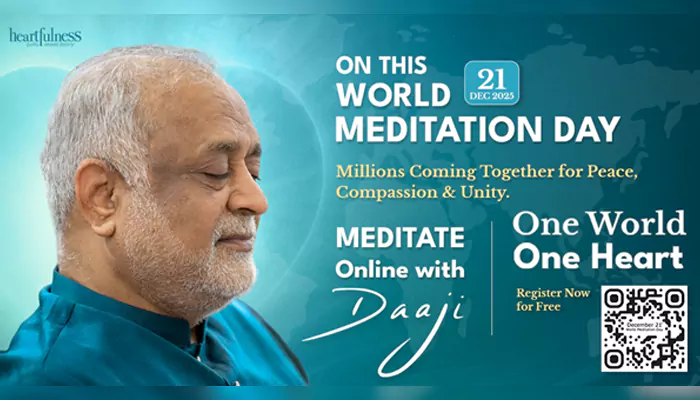
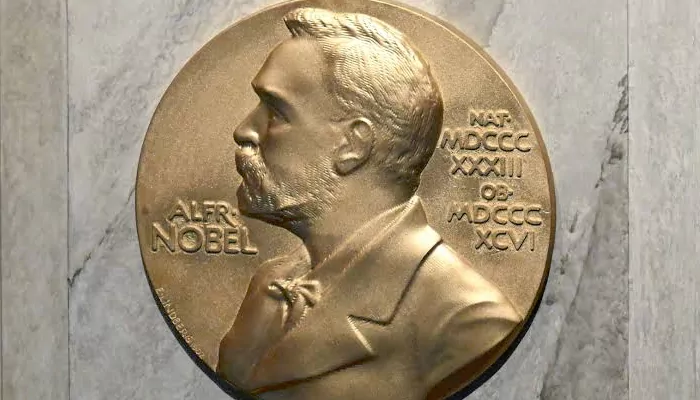
.webp)
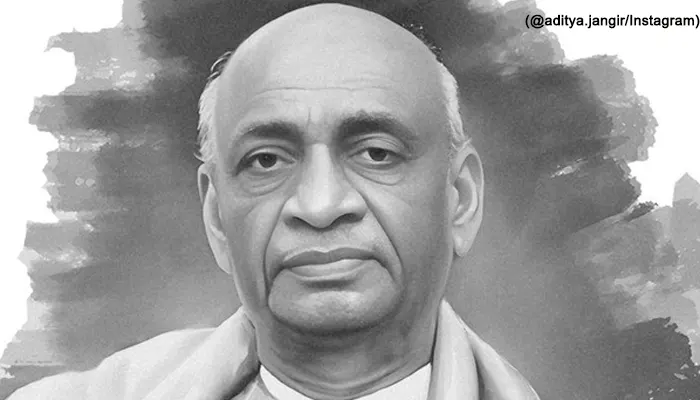
.webp)
